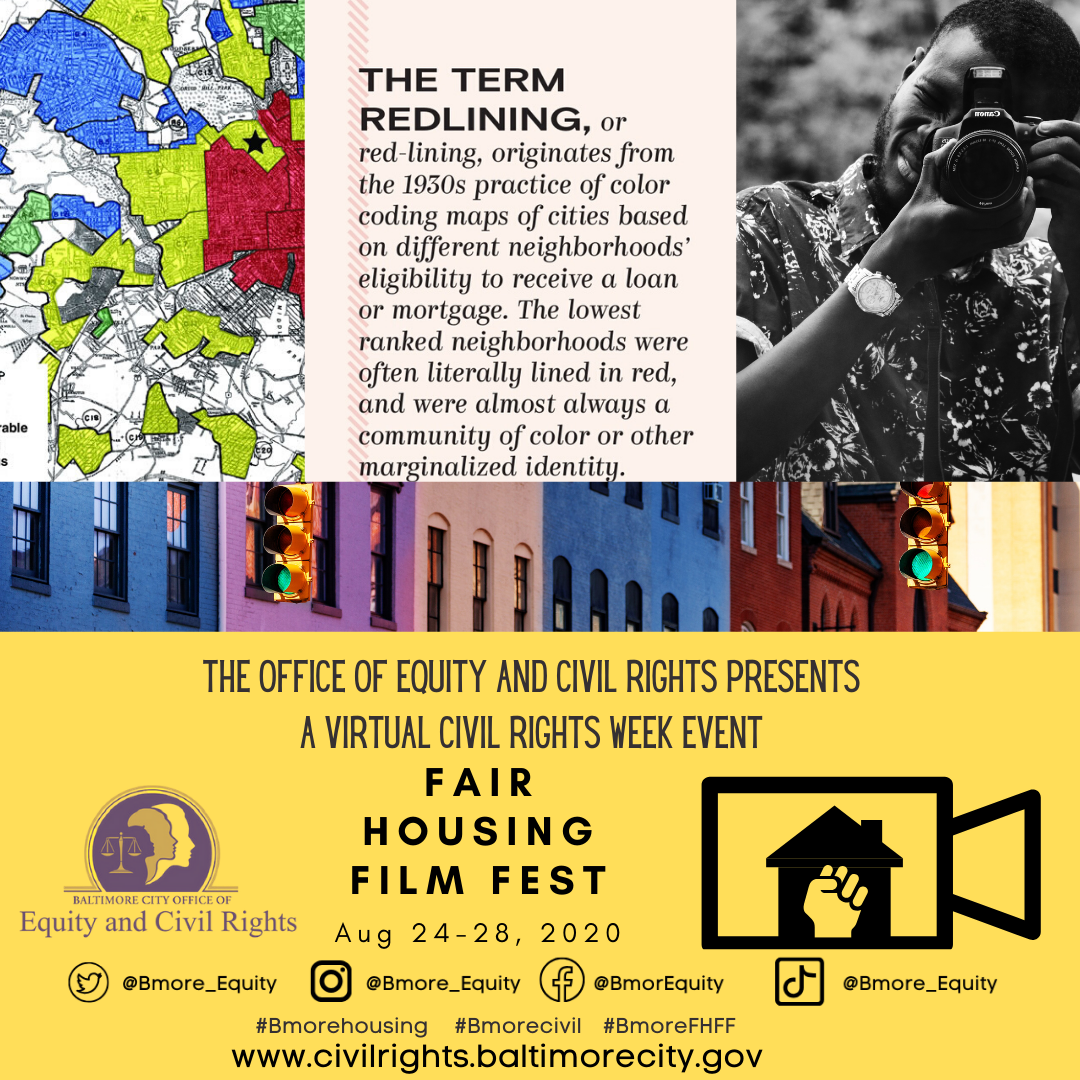CREATIVE ALLIANCE TO PRESENT "UNPACKING PRIVILEGE, UNLOCKING POWER" INTERACTIVE WORKSHOP ON ZOOM ON JUNE 27TH
$25
Event to be held at the following time, date, and location:
Saturday, June 27, 2020 from 9:30 AM to 12:30 PM (EDT)
Zoom (Link to workshop will be emailed after purchase of workshop ticket.)
Baltimore, MD 21202
From wherever you are (VIA Zoom)
Attend Event
Too often we have conversations around or about privilege
without having a mutual understanding of what it is and now it operates in our
environment. because of this lack of knowledge we often unknowingly perpetuate
harm. the unpacking privilege, unlocking power interactive workshop goes beyond
the rhetoric and provides participants with useful tools for real-life
application.
The Unpacking Privilege, Unlocking Power
interactive workshop goes
beyond the rhetoric and provides participants with useful tools for real-life
application.
This workshop will prepare participants by highlighting
the ways in which we all enjoy privilege based on being members of social and
personal identity groups. the goal of the workshop is to identify specific ways
we can use our privilege to create a more just and caring world where each
person is treated with the respect and dignity they deserve.
During this interactive workshop you will:
• Get clear definitions on identity terms and find out
their correct use
• Leave more aware of individual privilege
• Have insight on how you can leverage your privilege to
increase access and opportunity for others.
• Get insight into how to create more inclusive
programming
• Understand the implications of socially constructed
labels.
This workshop is perfect for you, if:
• You work with/ in diverse populations
• You work for an organization that provides services to
populations with a different race, citizenship status, ethnicity, sexual
orientation or gender than you or the leadership of your organization
• You care about increasing access and opportunity for
others on a meaningful level.
• You work in the nonprofit sector
• You sit on the board of a nonprofit organization that
serve diverse populations
How to know if this workshop isn’t for you.
I’m going to be honest and let you know that this
workshop may not be for everybody. this is not a sit and listen only workshop
where the speaker reads from the Powerpoint and you are able to passively learn
and take notes. this workshop requires you to engage, create, and have
conversations so that you will walk away with not only a deeper understanding
of privilege, but also a few tools to increase access and opportunity for
others.
This workshop is typically $75 per person. in an effort
to increase access and reach more people, i’ve reduced the rate to just $25 per
person. space limited.
If you are seeking to make a shift in your organization
it is strongly suggested that you take this workshop with your colleagues.
We hope you can make it!
*****Link to workshop will be emailed after purchase of workshop ticket. *******
Source: Creative Alliance email and EventBrite release, May 27, 2020.





